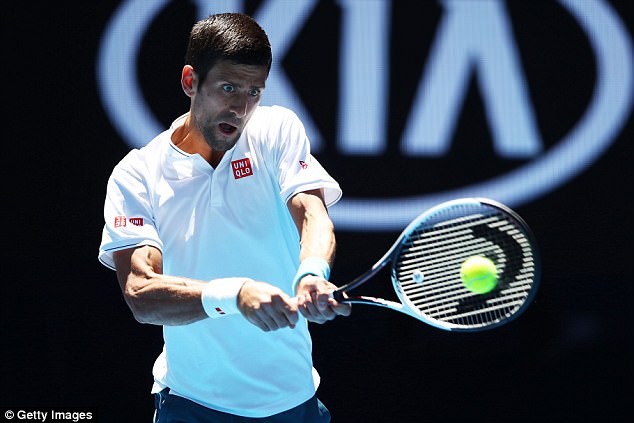Sir Alex Ferguson Autobiography Hits The Stands...and Kicks Up Dust
Manchester United's most successful manager writes of Wayne Rooney's desire to leave, how David Beckham became too big for his boots, why Steven Gerrard isn't as good as Paul Scholes and how relief swept through the Old Trafford dressing room when Roy Keane departed for Celtic in 2005.
From the sublimely talented Cristiano Ronaldo to Ferguson snubbing the England job not once, but twice, the Scot lifts the lid on the trials and tribulations of life at the top of his game.
Ferguson confirmed that Wayne Rooney asked to leave Manchester United at the end of last season, also revealing that the request was repeated by his agent Paul Stretford.
He also writes of how Rooney struggles to remain in peak condition compared to players like Ryan Giggs and Cristiano Ronaldo.
On that transfer request at the end of last season — an incident Rooney’s official spokesperson has consistently denied — Ferguson writes: ‘He came into my office the day after we won the league and asked away.
'He wasn’t happy with being left out for some games and subbed in others. His agent Paul Stretford phoned David Gill with the same message.’
Steven Gerrard is not a 'top, top player,' according to Ferguson.
The former Manchester United manager felt the England captain 'seldom had a kick' when coming up against a midfield of Roy Keane and Paul Scholes.
But despite this, Ferguson admits he tried to sign the Liverpool player when word reached Old Trafford in 2005 that his days at Anfield were numbered.
 |
| David suffered a cut above his eye when Ferguson kicked a shoe at him |
David Beckham chose fame rather than fulfilling his potential to become a legend at United, writes Ferguson.
In a damning assessment on Beckham’s departure from the club, Ferguson refuses to be repentant about kicking a boot at the player’s head and claims he thought he was bigger than his manager.
Ferguson details how the boot-kicking incident was sparked because Beckham failed to track Sylvain Wiltord during an FA Cup 2-0 defeat to Arsenal in February 2003, leading to the second goal.
Ferguson says: ‘Of course he rose to have a go at me and the players stopped him. “Sit down,” I said. “You’ve let your team down.”’
He sticks to his guns on Wayne Rooney’s desire to leave Old Trafford but his words were conciliatory. He dropped Rooney or used him out of position because his form did not merit a forward role. If he had been performing then as now, that would not have happened.
‘He wasn’t playing well enough,’ Ferguson said, bluntly. ‘In the form he’s in, do you think I would drop Wayne Rooney now? Absolutely no way. That’s what I want to see, Rooney playing like this.’
Ferguson also tears into Ex Liverpool coach Rafa Benitez, describing him as a ‘silly man’ and a control freak who has no friends in management.But there is wider criticism for Liverpool as a club over the Luis Suarez affair, and even the appointment of Brendan Rodgers as manager.
 |
| Ferguson calls Liverpool handling of the Luis Suarez racial scandal an embarrassment
The credit Sir Alex will definitely get from critics is his objectivity, this is Ferguson as we all know and remember him. He remains feisty, aggressive, objective and apparently plain and truthful in his opinion on events as they unfolded in the premier league and his life in football since 1999. Ferguson’s candour — and, occasionally, his lack of it — is charming nd to an extent extra ordinary. Ferguson’s book is fascinating, because he is fascinating, and his life has been lived around some of the biggest personalities in the history of the game.
k |



Comments
Post a Comment